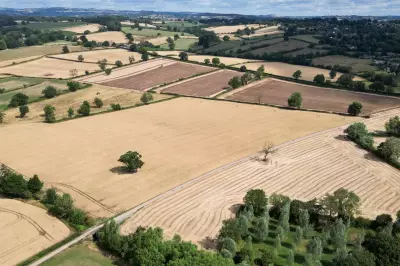
Lagos, Nigeria's sprawling economic hub, is grappling with a growing environmental nightmare as styrofoam waste overwhelms its infrastructure. The non-biodegradable material is clogging drainage systems, polluting waterways, and piling up in landfills at an alarming rate.
A Ticking Time Bomb for Public Health
Environmental specialists warn that the styrofoam crisis poses severe risks to public health and ecosystems. "When styrofoam breaks down, it releases toxic chemicals that contaminate soil and water sources," explains Dr. Amina Yusuf, a waste management consultant from Geneva. "We're seeing direct impacts on marine life and potentially human health through the food chain."
The Scale of the Problem
Recent surveys reveal shocking statistics:
- Over 15,000 tonnes of styrofoam waste generated monthly in Lagos
- Less than 5% currently recycled
- Drainage blockages from styrofoam contribute to 40% of seasonal flooding
The problem has reached critical levels during the rainy season, when styrofoam waste exacerbates flooding in Africa's most populous city.
Searching for Solutions
Authorities are exploring several approaches to tackle the crisis:
- Potential ban on single-use styrofoam products
- Incentives for alternative packaging materials
- Public awareness campaigns about proper waste disposal
- Investment in recycling infrastructure
"This isn't just Lagos's problem," warns environmental policy expert Mark Williams. "Many developing megacities face similar challenges with plastic pollution. The lessons learned here could inform global solutions."
As the debate continues, one thing is clear: without immediate action, Lagos's styrofoam crisis may soon become irreversible, with devastating consequences for both the environment and public health.





